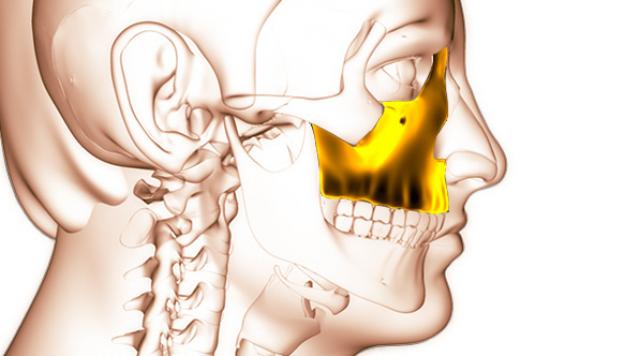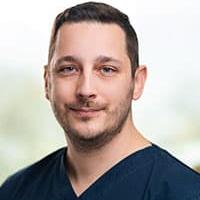21.11.2022.
Author: Uroš Surina, dr.med.dent.
Zygomatic Implants
Zygomatic implants have been documented as an alternative solution for the rehabilitation of an atrophic upper jaw (poor jawbone) in situations where the patient is toothless, has very little remaining bone, where it is not possible to install implants using classical methods. The anchor point of zygomatic implants is the zygomatic bone - the cheekbone.

Most often they serve as supports for fixed structures, but can also be supports in the case of mobile and/or semi-fixed prosthetic solutions.
What are the most important things you should know about zygomatic implants?
- They are clinically confirmed implants that can be used both as an immediate and as a two-phase solution for complete toothlessness
- The main indication is a large loss of alveolar bone (ridge) in completely edentulous patients who cannot be provided with other implanto-prosthetic solutions
- The experience, knowledge and precision of the operator are extremely important when placing implants
- They are placed/integrated in the zygomatic bone (cheekbone)
- The duration of the implant is clinically confirmed with about 96% after 12 years
Alternative solution in the rehabilitation of the atrophic upper jaw
Zygomatic implants have been documented as an alternative solution for the rehabilitation of an atrophic upper jaw (poor jawbone) in situations where the patient is toothless, has very little remaining bone, where it is not possible to install implants using classical methods. The anchor point of zygomatic implants is the zygomatic bone - the cheekbone.
Most often they serve as supports for fixed structures, but can also be supports in the case of mobile and/or semi-fixed prosthetic solutions
How are zygomatic implants placed?
Usually, 4 implants are placed in the upper jaw, but depending on the overall situation of the bone and ridge, there is sometimes a need for an additional 2 implants. The great advantage of this technique is that it is usually possible to supply the patient with prosthesis, that is with temporary teeth that are supported by the same implants (if adequate stability of the implants has been achieved). In our clinic, zygomatic implant placement procedures are performed by a trained specialist in maxillofacial surgery with his/her team, and with the mandatory presence of an anaesthesiology specialist who keeps the patient in a state of "conscious sedation" throughout the procedure.
During the placement, methods of bone augmentation and sinus surgery are avoided, which contributes to faster healing, a shorter patient recovery period, faster rehabilitation and a faster plan for a prosthetic solution for the patient.
Is anesthesia required during the installation of zygomatic implants?
The procedure is performed under conscious sedation with the mandatory control of an anaesthesiology specialist during the entire procedure and immediately after. The procedure itself begins with the anaesthesiologist taking the prescribed amount of medication, after which the patient is slowly brought into a state of conscious sedation. At the same time, it should be emphasised that the patient is not in a state of total anaesthesia, but is able to breathe independently and have free will, but this state can still be described that it is as if the patient is "sleeping". That is to say, with this method of anaesthesia, the patient does not see the operation, does not feel vibrations or hear unpleasant sounds, has somewhat free will of movement and, most importantly, does not remember the procedure itself - the possible memory of the unpleasant procedure is eliminated. Waking up from sedation is also a fairly simple process, although it is always recommended that the patient is accompanied and does not drive at all following the procedure.
The method of zygomatic implants is a clinically verified method and the success of osseointegration and a cumulative duration of 96% after 12 years have been confirmed.
